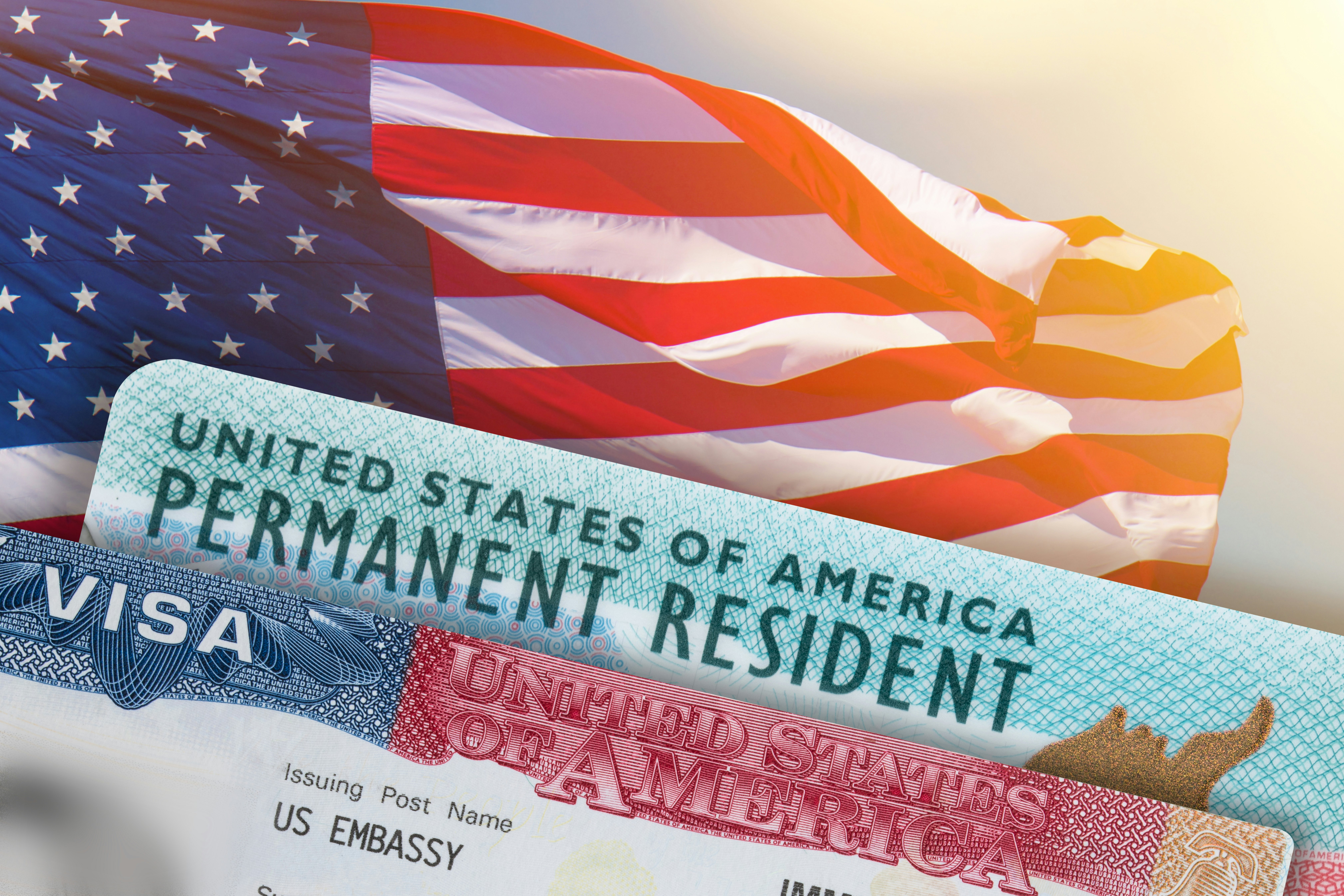Natalie Gonnella-Platts, Director of the Women’s Initiative at the Bush Institute, and immigration expert Laura Collins, Director at the Bush Institute-SMU Economic Growth Initiative, explain the crisis in Afghanistan and the critical and urgent action the U.S. and allied partners must take to save lives.
Why are Afghan women and girls in danger?
Natalie Gonnella-Platts: Afghan women and girls face serious and imminent risk of harm as a result of simply being born female. And over the last 20 years, they have been critical partners in the pursuit of democracy, human rights, gender equity, and economic development for all within their country. As they did 20 years ago, when we saw the brutal oppression of women and girls at the hands of the Taliban, they again are seen as a threat to the brutality and violence of the Taliban regime. We, as the United States, need to do everything we can to protect them and to assure pathways for safety for these women who have been vital influences on the pursuit of peace and prosperity within the region.
What are the immediate, concrete steps we need to take to help people in Afghanistan?
Laura Collins: First of all, we have to get people out. Even though the private sector and nonprofit organizations stand ready to do everything they can to assist Afghans who are able to leave the country, especially when they get here for resettlement, helping them integrate into U.S. life, first, the U.S. government has a role to play here. They have to secure the airport and they have to secure other routes of exit for Afghans who are not necessarily in Kabul at this time. There are other countries that have a role to play here as well. We can lean on our allies to also help take some of these Afghan refugees who we know are going to need to go places, but first and foremost, we have to find a way to get them out and the U.S. government has a major role to play there.
We also need to do the parole system, helping cut through that bureaucratic red tape to allow people whose visas haven’t processed yet to be able to get out of the country safely once that safe and secure route is made by the U.S. government. Then once they are here, again, private organizations and nonprofits stand ready with the rest of the American people to welcome them, help them resettle, and help them get integrated into their new lives here.
Who needs humanitarian migration assistance in Afghanistan right now?
Laura Collins: First and foremost, it’s special immigrant visa applicants and holders. They’re the people who served our government and our military as translators. They did other jobs helping to advance democracy in Afghanistan. They were an integral part of our success over the last 20 years.
It’s also basically anybody in the country facing persecution. We know that the Taliban in particular will target women and children, particularly young girls, but it’s anybody else who would resist the sort of rule that they have in place and what they want to do to persecute people. Because their government is persecuting them, these people, the Afghan people generally, qualify for humanitarian protection.
You may be wondering why we would need to do something like cut bureaucratic red tape and offer parole to people who have legal migration pathways to the United States. Well, what parole would do is take a process that would ordinarily take months or years and cut it down to days or weeks. That’s important because what we’re talking about here is not a process that needs to work slowly. Time is of the essence. This is not an inconvenience, these delays. These are a matter of life and death. So if we can secure a pathway out of the country for these people who need our humanitarian protection, we should do so with every tool that we have to make sure that they can get out as quickly as possible.
When we talk about Afghan allies and those we need to evacuate, who are we talking about?
Natalie Gonnella-Platts: When we talk about Afghan allies and the civilians we should evacuate, we’re not only talking about those who supported our U.S. military as well as diplomats as translators and interpreters. But also the women and girls who for the last 20 years have strived for better for their country. They have pushed for democracy, human rights, women’s rights and equal access to opportunity for all.
They are women who’ve led organizations, who’ve pursued elected leadership and who at great personal risk to themselves have sought a better future for themselves and their countries. Right now, because of all they’ve hoped for and all they have achieved, they face imminent and serious risk of violence and harm from the Taliban. And right now the most important thing we can do is to assure a pathway to safety for them and their families.
Read President and Mrs. Bush’s statement on Afghanistan.






























